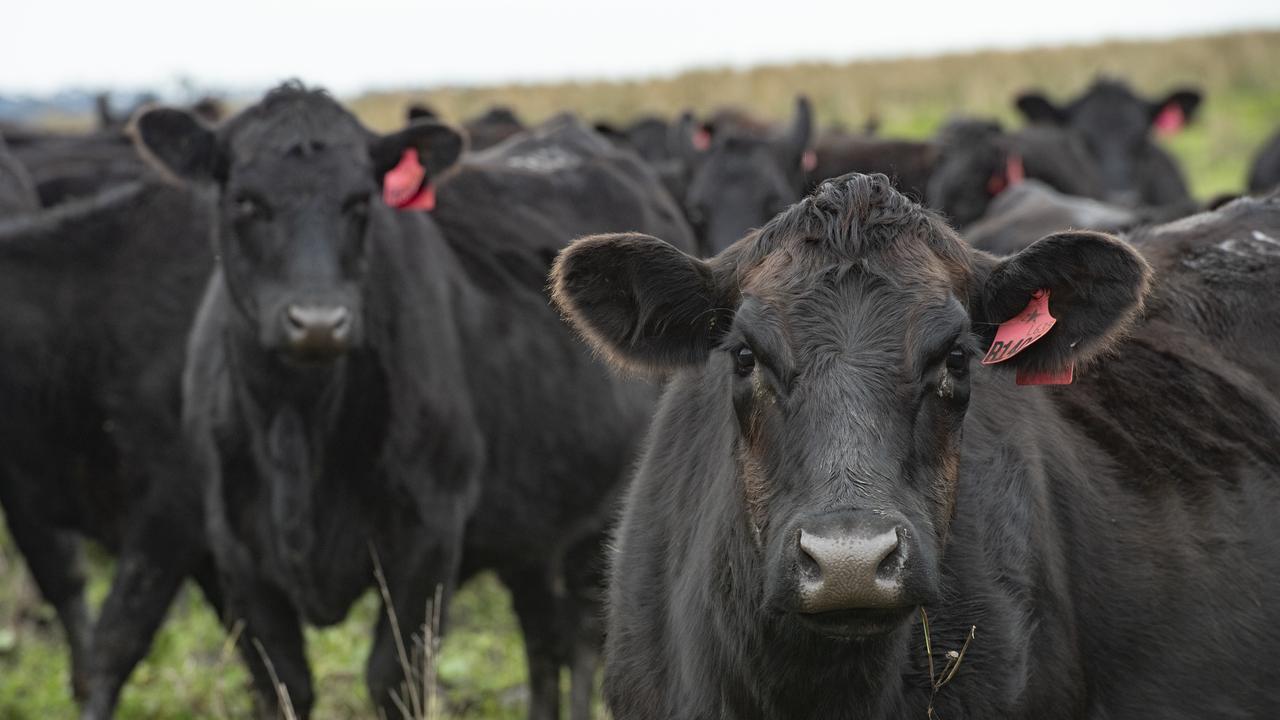Australian beef imports to Korea are reaching the trigger level
Australia’s beef industry was on track to have its biggest export year yet, but triggers built into Free Trade Agreements could put the brakes on.

The beef industry’s run towards its biggest export year ever is still on track despite a second major market about to impose higher duties.
Tariffs of up to 25 per cent will soon apply to two of Australia’s four big beef export destinations, coming at the same time as the big spring turn off of finished stock.
China’s trigger level has already been reached, with beef exports now costing an extra 12-25 per cent for importers.
Now, imports to Korea from Australia are on the cusp of reaching the trigger level of 188,437 tonnes, about a month earlier than normal.
Under the Korea-Australia Free Trade Agreement, the duty on Australian imports will more than double from 10.6 per cent to a whopping 24 per cent for the rest of the year.
Mecardo market insights lead Oliva Agar said historically, the biggest imports by Korea came in November and December.
“We usually reach the trigger level later in the year, but even then, exports to Korea remain high in November and December,” Ms Agar said.
“We expect that we will still see strong demand for beef from Korea for the remainder of the year.”
Ms Agar said Australian beef exports were almost certain to set a record this year.
“Certainly exports to the United States have slowed down as they come out of peak summer demand and the grilling season, but the amount of beef that the US has taken this year has been elevated,” she said.
“When you look at the numbers, I’m confident that we will hit the record.”
A spokesman for Meat and Livestock Australia said part of the reason for the increase in Korean beef imports from Australia was the lower availability of product from the United States.
But US beef could become a competitor on price given Australian beef will now attract a much larger tariff comparatively.
“Due to the impending safeguard tariff increase in 2024, Australian beef exports will be further disadvantaged compared to US product, which enters under the US-Korea Free Trade Agreement) in the market,” the MLA spokesman said.
“The tariff differential between the two suppliers will increase from 5.3 per cent to 18.7 per cent for the remainder of 2024.”
Any beef that was shipped to Korea and not yet cleared customs will not incur the higher tariff, but the volume will be taken from next year’s trigger level of 192,206 tonnes.
Next year, the tariff for Australian beef exports will drop to 8 per cent.




